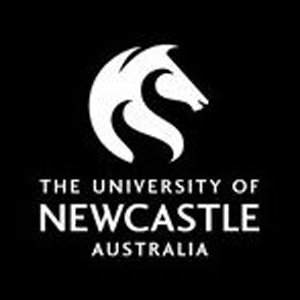Refine results
Level of study
Location
Study Mode
Field of study

Bachelor of Engineering Honours
- Casuarina | Also at 1 other campus
- 4 years full-time
- ATAR: 70 or above

Bachelor of Engineering (Honours) / Bachelor of Philosophy (Honours)
- Crawley
- 5.5 years full-time
- ATAR: 98 or above

Bachelor of Engineering (Environmental Engineering)(Honours)
- Malaysia
- 4 years full-time

Bachelor of Engineering (Honours) (Medical)
- Gardens Point
- 4 years full-time
- ATAR: 80 or above

Bachelor of Software Engineering Honours
- Danala | Also at 1 other campus
- 4 years full-time
- ATAR: 70 or above

Bachelor of Science Honours
- Alice Springs | Also at 2 other campuses
- 1 years full-time

Bachelor of Arts Honours
- Casuarina | Also at 1 other campus
- 1 years full-time

Bachelor of Laws Honours
- CDU Online | Also at 1 other campus
- 1 years online/off-campus

Bachelor of Civil Engineering (Honours) / Bachelor of Environmental Engineering (Honours)
- Callaghan
- 5 years full-time
- ATAR: 77 or above